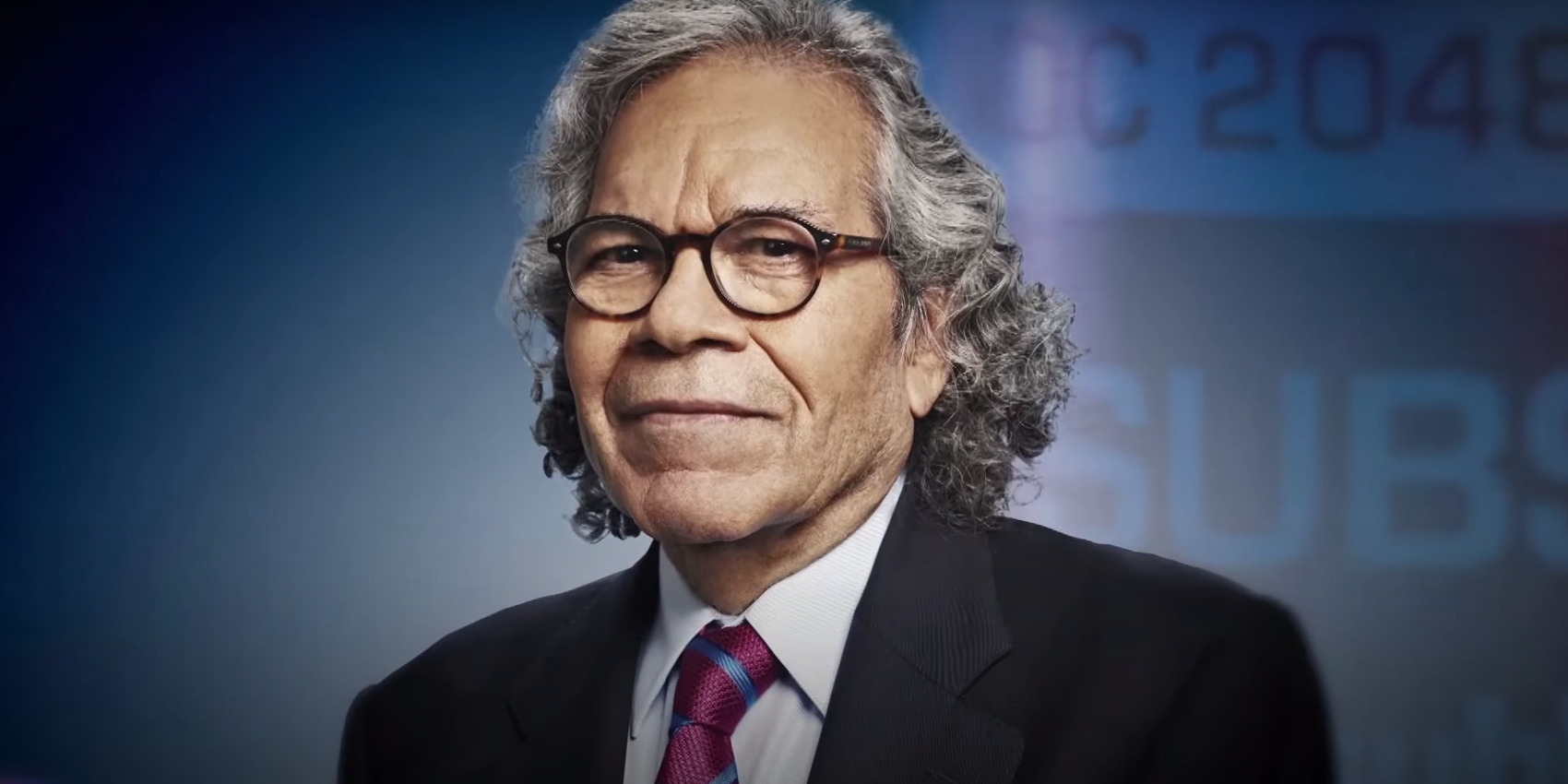Netflix’s ‘Pain Hustlers,’ a David Yates directorial crime drama film, tackles the Opioid Crisis years and one specific pharmaceutical company’s involvement in it. Equipping Liza Drake, a sales representative’s narrative, the film depicts how the single mother of one changed her life at the cost of wicked greed. The big Pharma company Zanna tries and fails to push its breakthrough cancer pain medication, Lonafen, onto the market. However, after Liza Drake joins the team, while at her lowest, she helps the company executives build something monumental through their Speaker Program.
Yet, Zanna founder Jack Neel’s greed grows with the influence of Lonafen until it leads to its ultimate doom, cementing Liza in a moral dilemma for the ages. Since the film has some undeniable roots in reality, it raises a natural curiosity about different characters’ correlation to real-life personalities. Jack Neel, the titan head of the pharmaceutical that jumpstarts the film’s plot, remains one such object of curiosity. So, here’s everything you need to know about his character’s origin.
John Kapoor and Insys Therapeutics
Jack Neel is partially based on John Kapoor, the real-life founder of the pharmaceutical company Insys Therapeutics. Although ‘Pain Hustlers’ is not a biographical recollection of reality — despite its mockumentary narration style — the film still bears the “based on a true story” title. As such, most of the characters, events, and entities depicted in the film have real-life counterparts that serve as subliminal inspirations. In Jack Neel’s case, his character seems to draw heavy inspiration from John Kapoor, a pharmaceutical entrepreneur and former billionaire involved in the Insys Scandal of the Opioid Crisis.

Similar to Jack Neel and Zanna, John Kapoor started his company Insys as a reaction to his wife, Editha’s suffering and death at the hands of metastatic breast cancer in 2005. While the precise details of Kapoor’s experiences differ from Neel’s fictional story, its essence remains the same as it delivered them both to the development of an opioid painkiller. In real life, Kapoor’s company developed the spray medicine Subsys, a drug with Fentanyl as its active ingredient.
Fentanyl, a highly addictive pain-relieving substance, has a kill rate of 65% due to overdose, but Subsys’s mass off-label prescription by doctors also lent to the same issue, introducing complications for Kapoor and his firm. Furthermore, Insys employed a hardened Speaker Program tactic, wherein they bribed doctors to prescribe Subsys to their patients in order to leave an imprint on the market and earn huge profits. As a result, the company soon found itself in legal trouble, and 2017 saw the arrest of the Insys founder.

At the time of Kapoor’s arrest, Acting United States Attorney William D. Weinreb said, “In the midst of a nationwide opioid epidemic that has reached crisis proportions, Mr. Kapoor and his company stand accused of bribing doctors to overprescribe a potent opioid and committing fraud on insurance companies solely for profit.” In the end, authorities convicted the pharma company founder of multiple crimes, including racketeering conspiracy schemes alongside bribery and fraud. The man received a hefty fine and five and a half years in prison.
Thus, the similarities between John Kapoor and ‘Pain Hustlers’ Jack Neel remain easy to spot. Furthermore, the former man takes center stage in Evan Hughes’ novel ‘Pain Hustlers: Crime and Punishment at an Opioid Startup,’ (originally published as ‘The Hard Sell’). Since the film employs this book as well as a New York Times article as part of the basis for its narrative, it’s likely that Wells Tower, who wrote the screenplay, adapted this character from Kapoor.
Still, the character in the film isn’t an exact recreation of John Kapoor and only remains a partial interpretation of him, modified and fictionalized to fit the film’s narrative and comedic genre choices. Therefore, it’s important to remember that some attributes and actions of Neel’s character cannot be tied to Kapoor and vice versa. Nevertheless, even after ample creative liberty and several lenses of fictionality, it’s impossible not to relate Neel’s character to Kapoor’s example.
Read More: Pain Hustlers: Where Are They Now?


You must be logged in to post a comment.